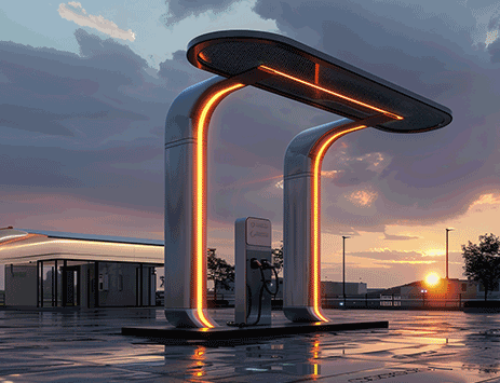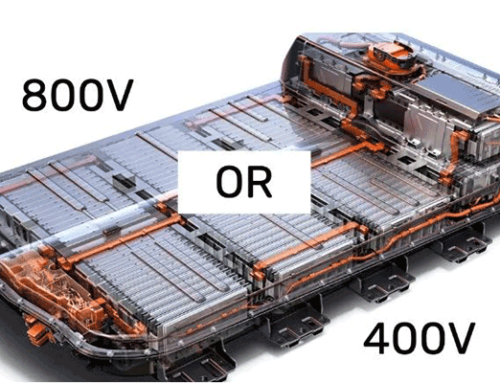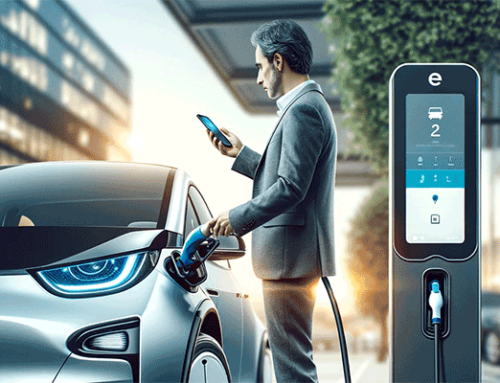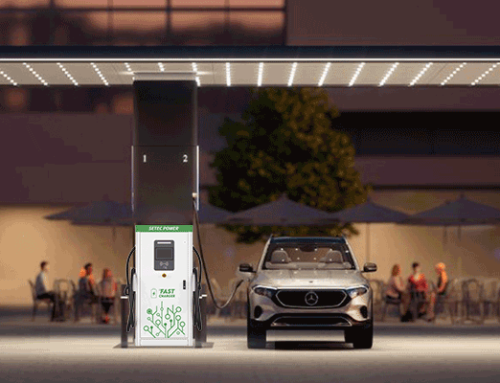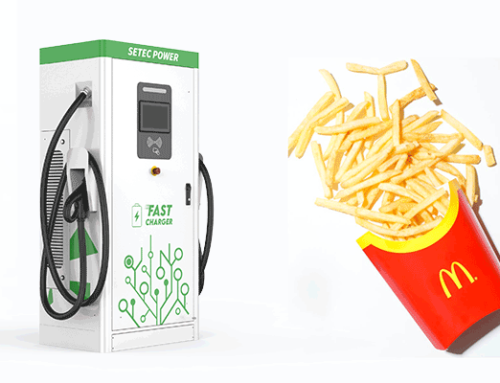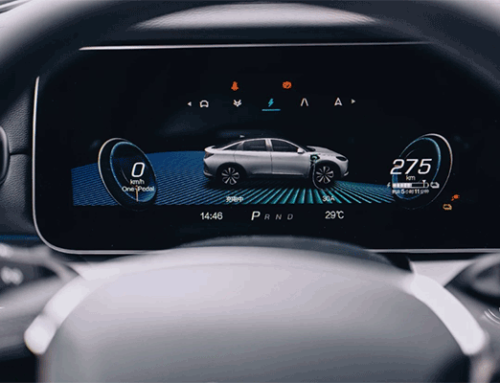Whether you fully embrace it or are in desperate denial, you must admit that the automotive industry is moving toward electrification at an unprecedented rate. It doesn’t hurt to know some of the terminology used in electric vehicles. For example, what is a hybrid vehicle, PHEV, or EV, and what are the differences between them and their advantages and disadvantages?

Hybrid Vehicles
The word “hybrid” is of Greek origin and means “having two sources”. As the name implies, a hybrid car gets its power from two different sources, so it has more than one drive system: an electric motor and an internal combustion engine. Hybrid vehicles can switch automatically between the two drive systems or leave them running together. That depends mainly on the specific driving situation. And hybrid electric vehicles do not need to be recharged; the batteries are automatically charged as the vehicle is driven through processes such as braking. So hybrid electric cars are a good choice for some drivers who want to try an electric car but prefer to drive in a way almost identical to a conventional fuel car drive.
Common examples of hybrid cars are: the Honda Accord Hybrid, the Lexus RX 450h and the Toyota Prius.
PHEV – Plug-in Hybrid Electric Vehicles
Plug-in Hybrid Electric Vehicles refer to vehicles that are equipped with both an internal combustion engine and an electric motor. Unlike other hybrids, it can be charged not only through energy recovery during braking and inertial coasting. Plug-in Hybrid Electric Vehicles have a larger battery than different hybrids, which is why they can travel farther on electric power only – The average is 50 kilometers; some vehicles even reach 100 kilometers.
Common examples of hybrid cars are: the BMW 530e、Toyota Prius Prime and Chrysler Pacifica Hybrid.
EVs – Electric Vehicles
With powerful batteries and electric motors, electric vehicles can provide good range and performance without needing an engine and fuel tank. Electric cars can travel hundreds of kilometers on a full charge. But the distance they can travel varies from brand to brand – for example, the Nissan LEAF has a range of 364 kilometers, and the BMWi4 series has a range of about 590 kilometers.
There is a big push for electric cars today not only because they are a planet-friendly option (particularly if powered by a home charging system that’s solar-powered) but also because they can bring a whole new level of driving pleasure. But the current lack of charging infrastructure remains one of the biggest challenges to developing electric vehicles.
Common examples of hybrid cars are: the Ford Mustang Mach-E, the Nissan Leaf and the Tesla Model 3.
Their pros & cons
Hybrid car pros & cons
Pros
- Fast and easy fill-ups at any gas station
- Most inexpensive type of electrified vehicle
- No need to think about plugging in
- No issues for apartment dwellers
- Can be your only car
Cons
- Not as much gas-saving potential as a plug-in hybrid
- A hybrid’s gas engine tends to be meek and lack power
- No rated electric range
Plug-in hybrid pros & cons
Pros
- Can function as an EV during a typical weekday commute
- Run it out of electricity and it’ll keep going
- Gasoline engine allows for road trips
- Can be your only car
- Federal and state tax incentives may offset higher cost
Cons
- Costs more than a regular hybrid
- Not enough electric driving range to fully avoid gasoline
- Need to regularly plug it in to make sense (but might not need 240-volt equipment)
- Space taken up by the powertrain may compromise space or functionality
Electric vehicle pros & cons
Pros
- Zero tailpipe emissions
- Smooth, immediate and quiet acceleration with no shifting
- Little regular upkeep apart from tires and wipers
- Per-mile electricity costs less than gasoline
- No need to stop for gas
Cons
- Range anxiety is a concern because it takes time to recharge
- You must plug it in and might need a 240-volt home station
- Difficult for renters to manage charging
- Long trips require finding fast-charging stations
- More expensive to buy
Whether it’s a Hybrid, PHEV, or EV, they are all exciting innovations. They all have many pros and cons, and hopefully, this article will address some of your confusion. If you are trying to decide on your next car from these three types, it might be better to experience electric driving firsthand.

